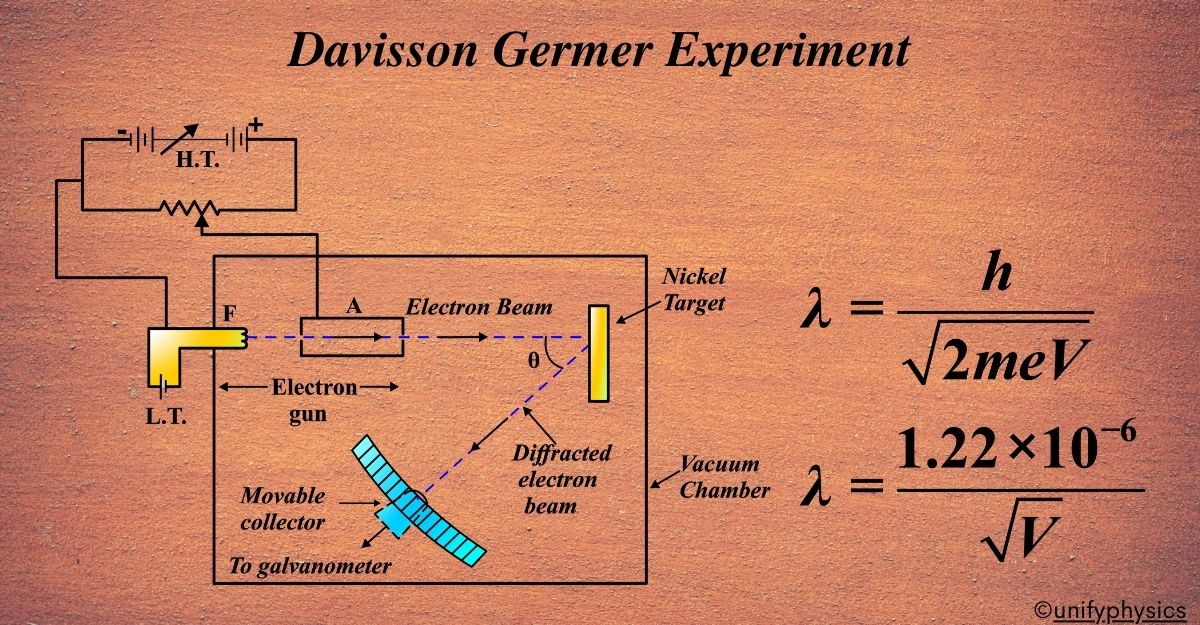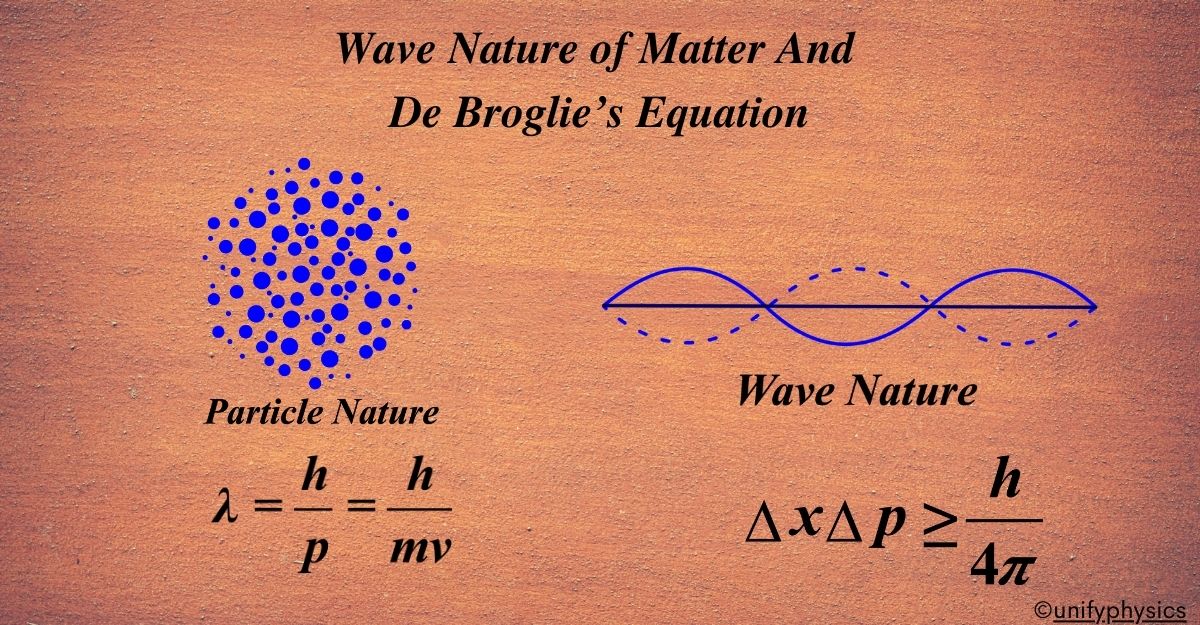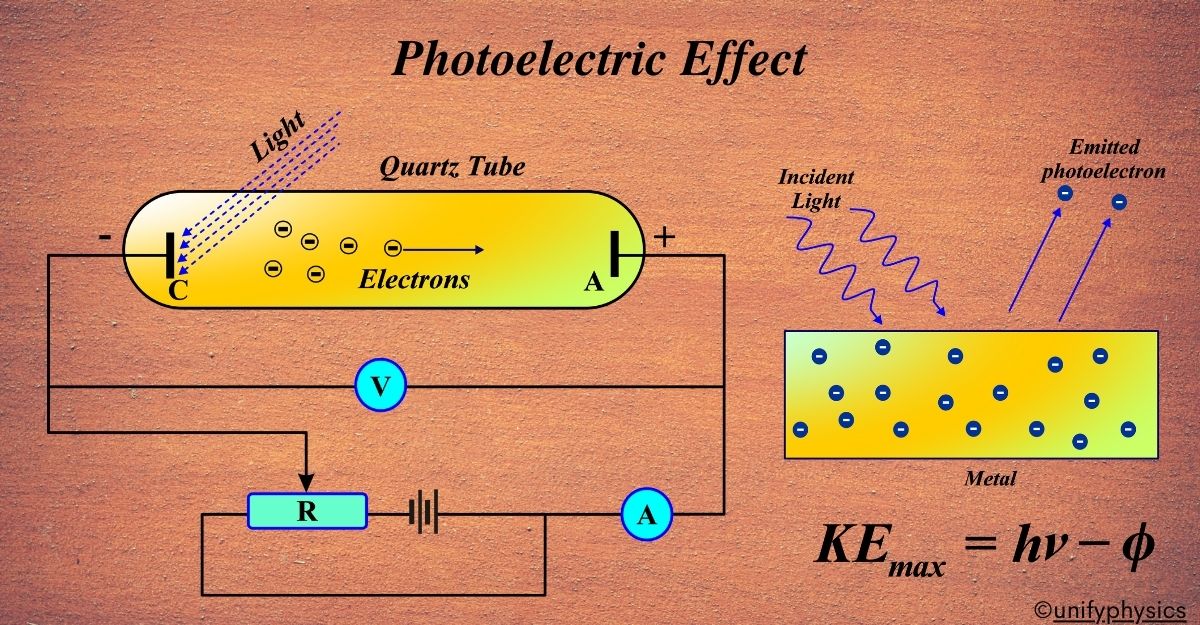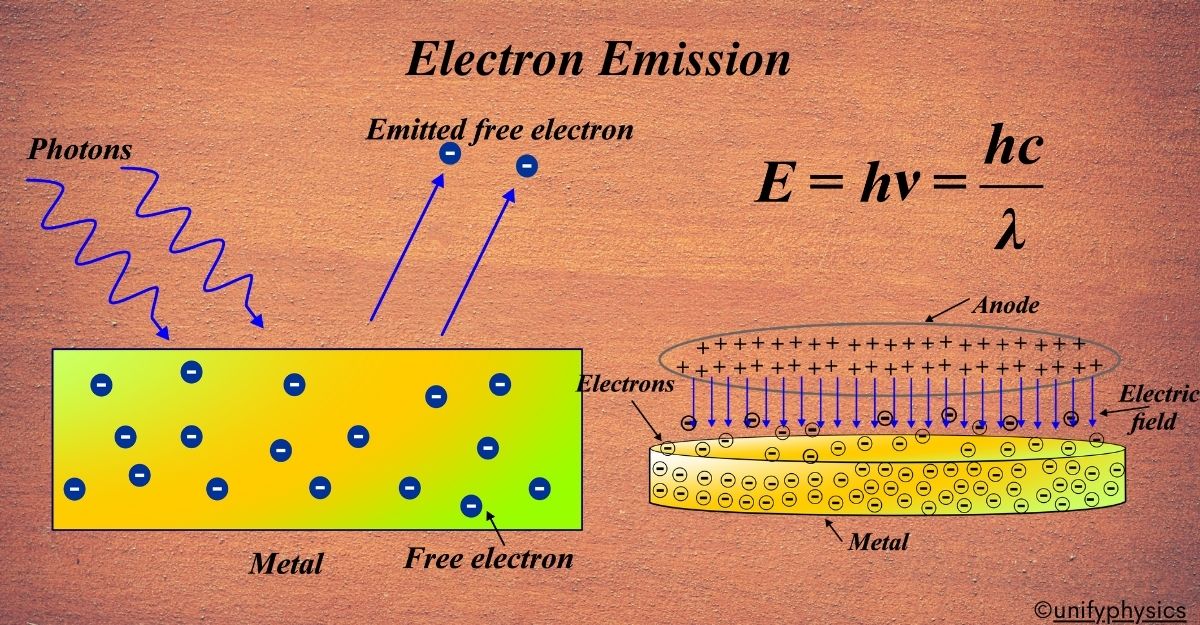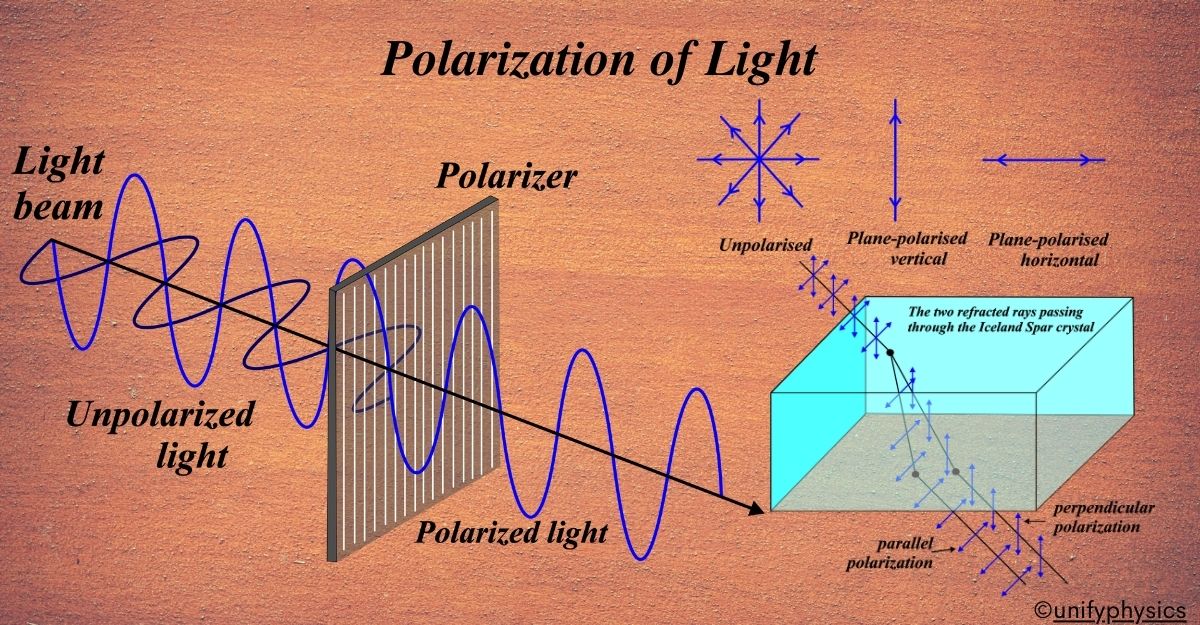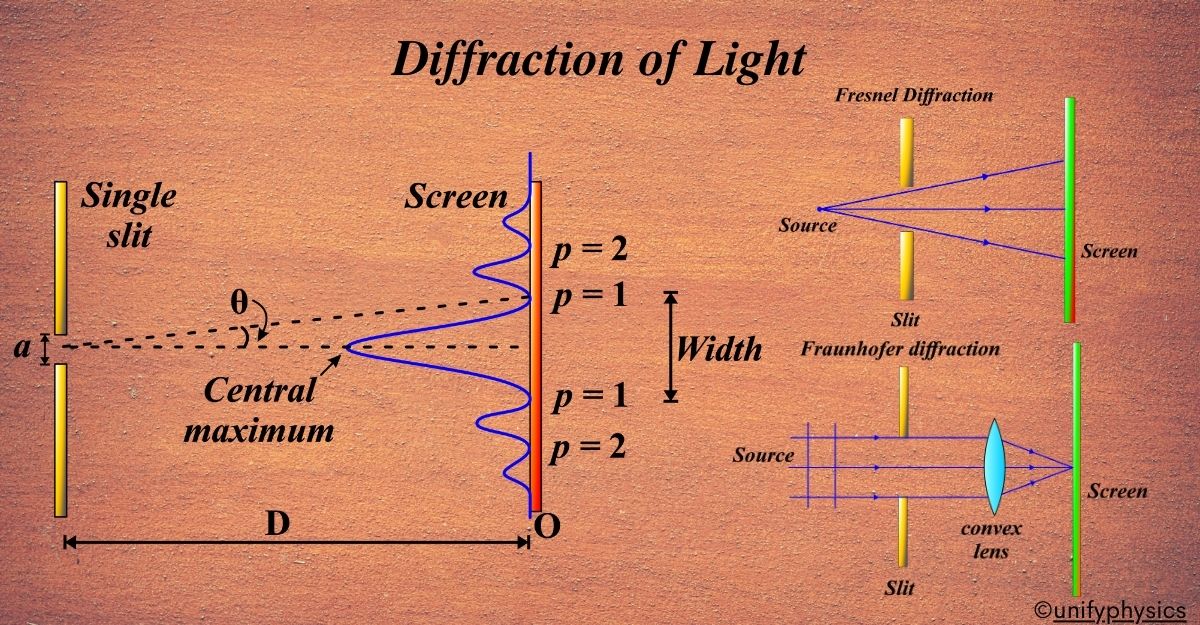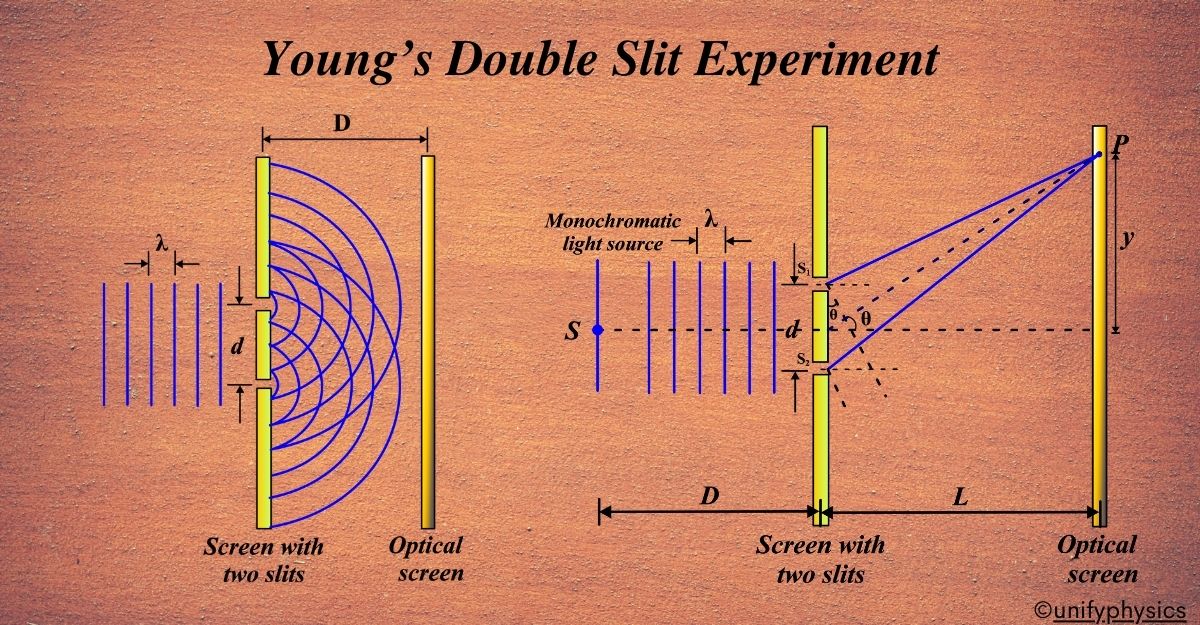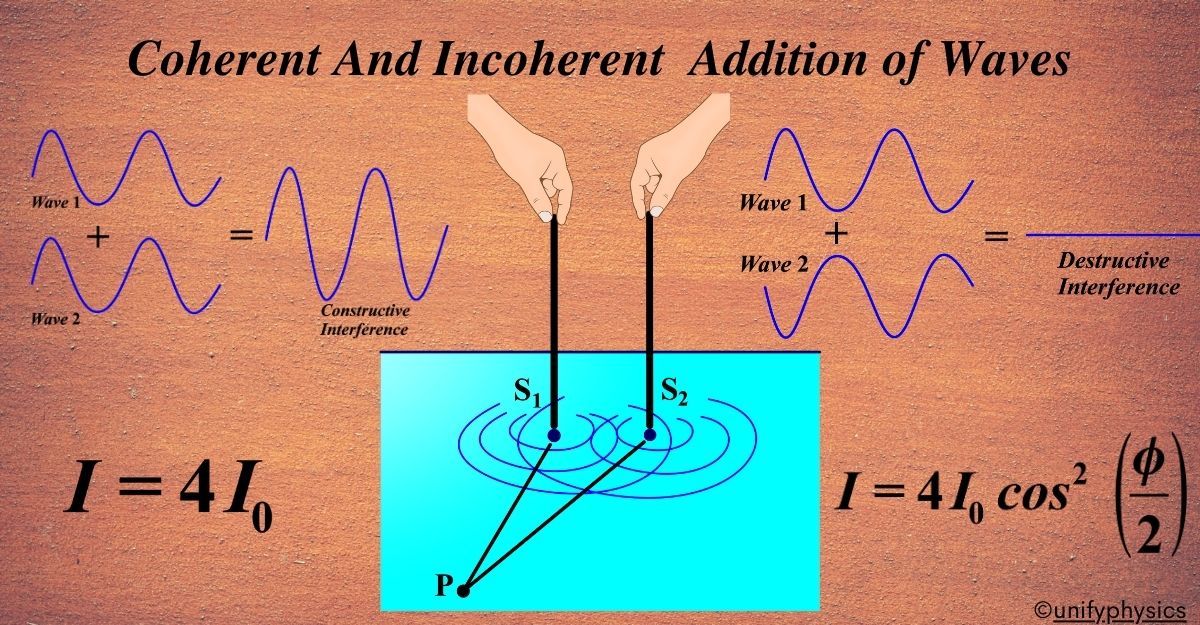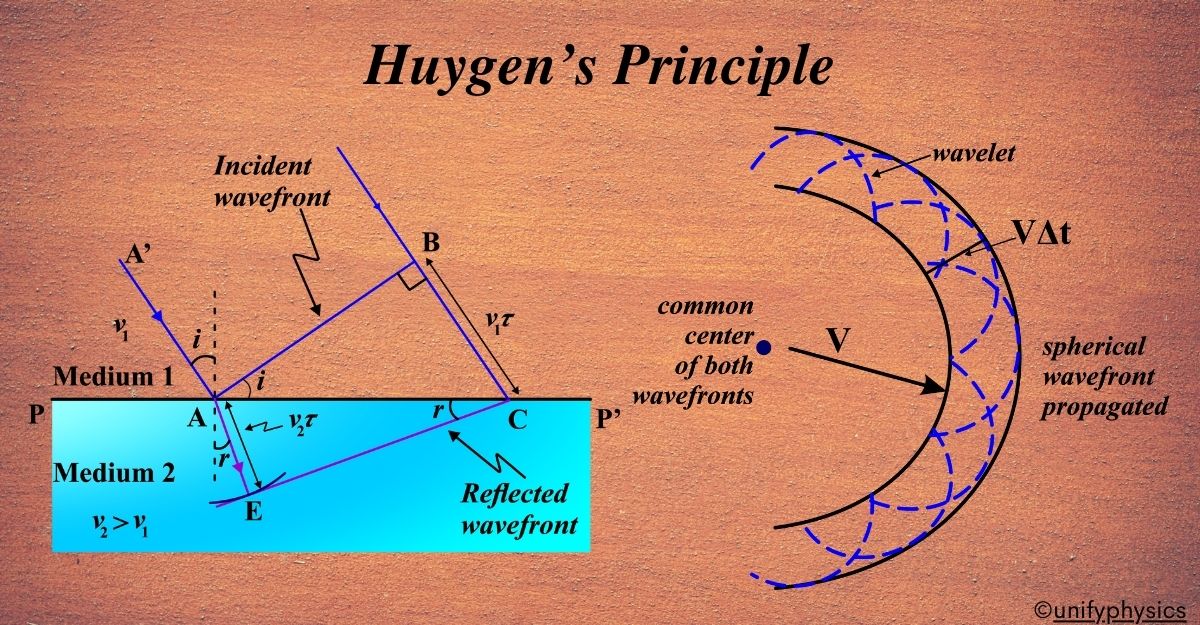Davisson Germer Experiment
In the early 20th century, the nature of light was a hot topic. Scientists knew it behaved like a wave, thanks to Maxwell’s equations. However, in 1905, Albert Einstein proposed that light could also be seen as particles, or “quanta” of energy, which he called photons. This idea was revolutionary and earned him a Nobel … Read more
